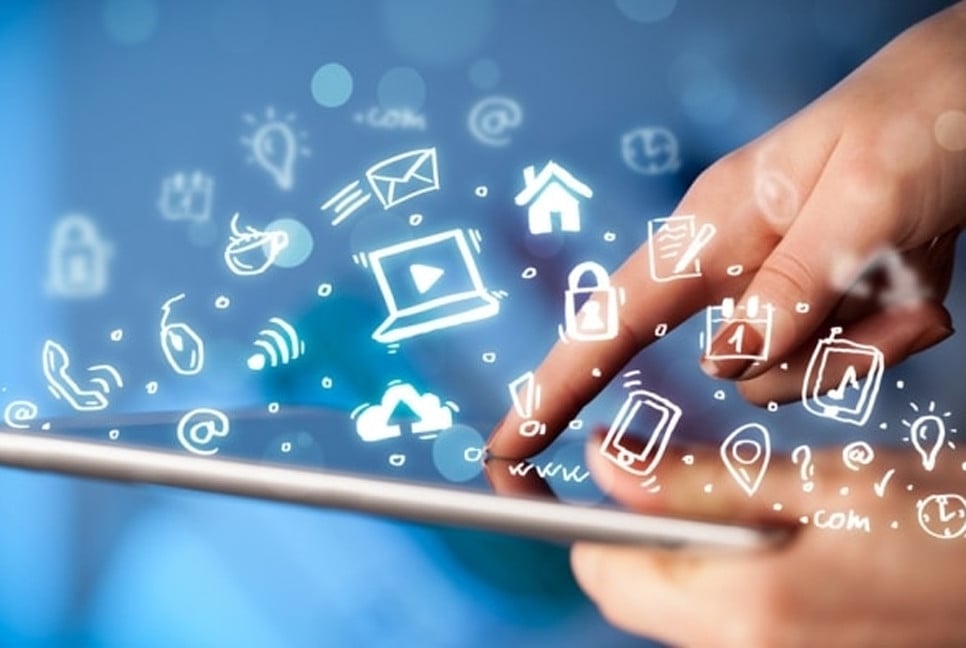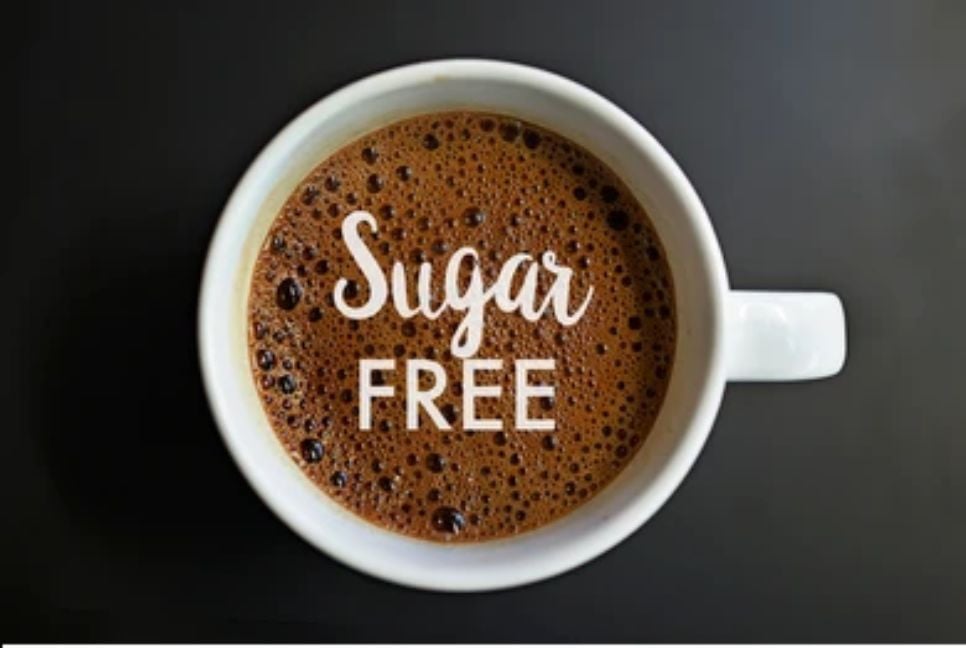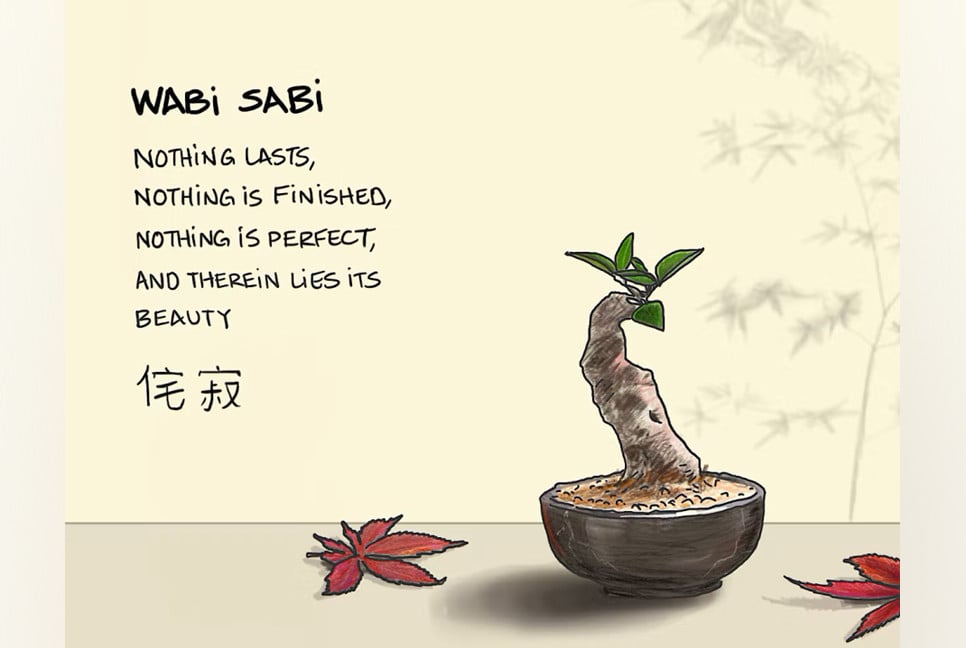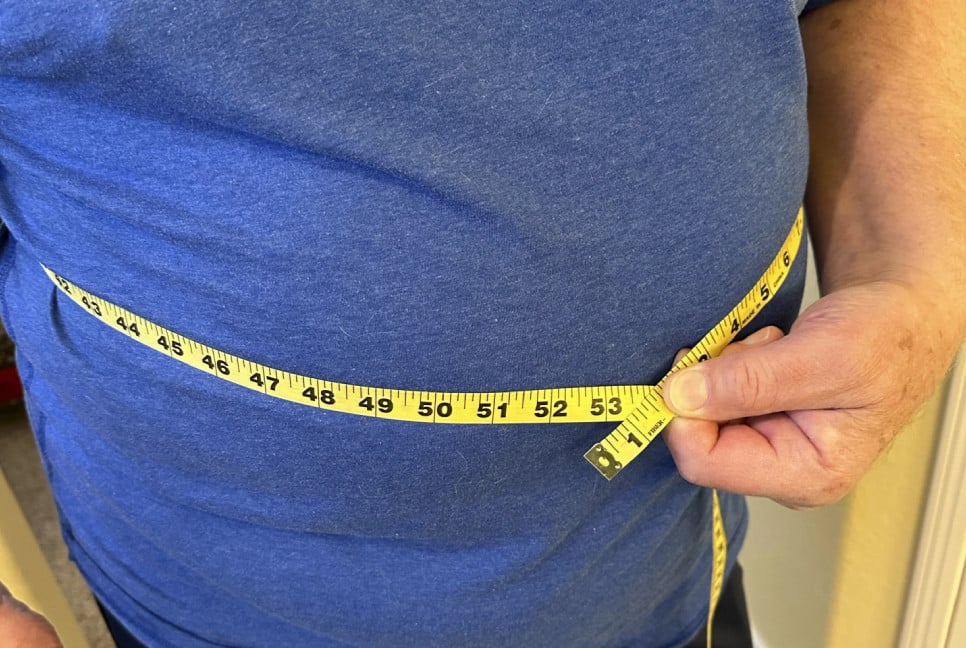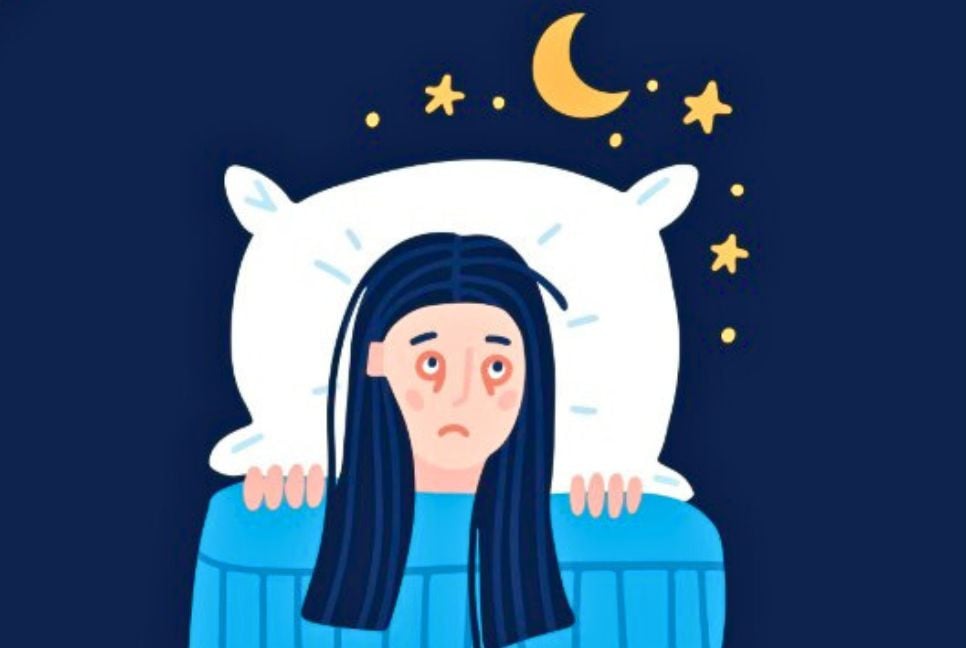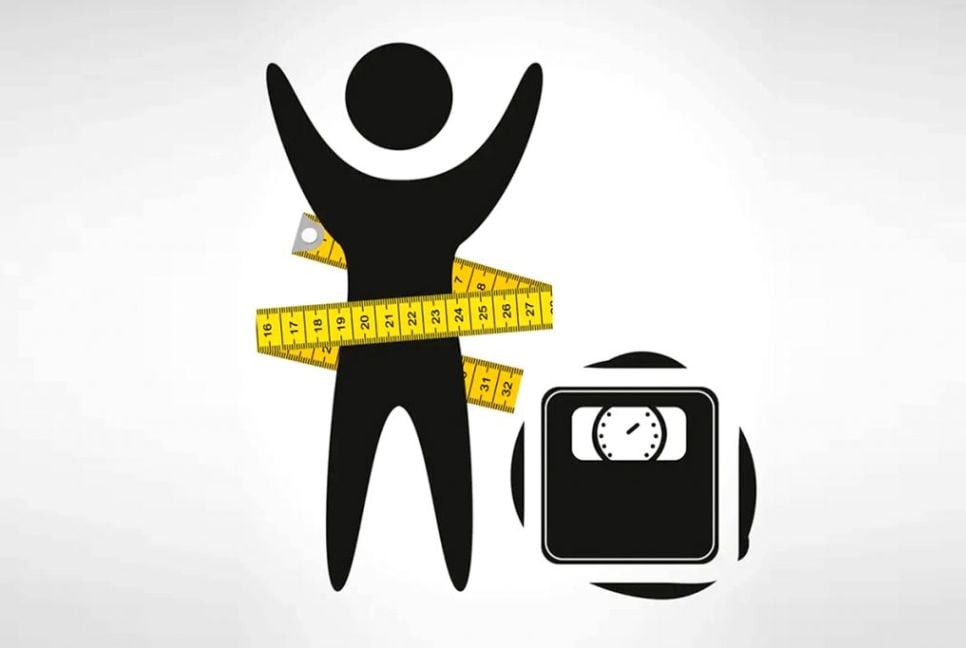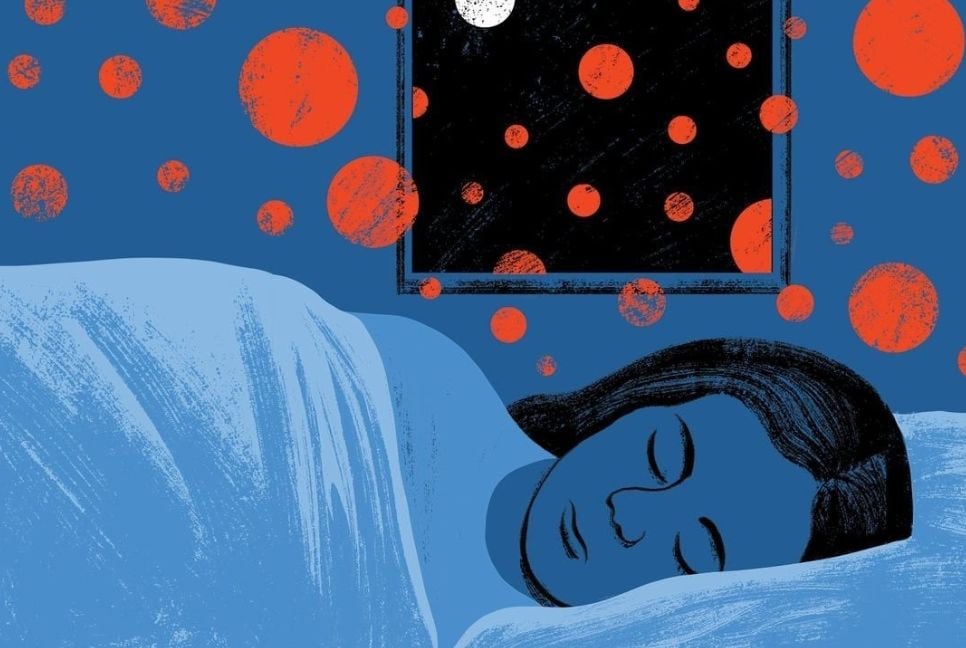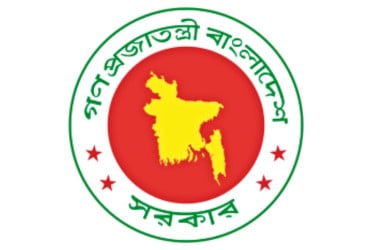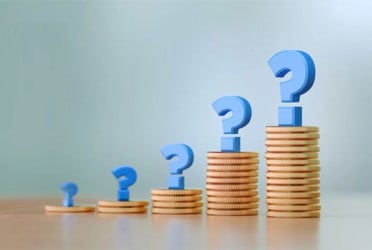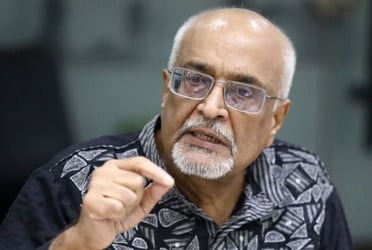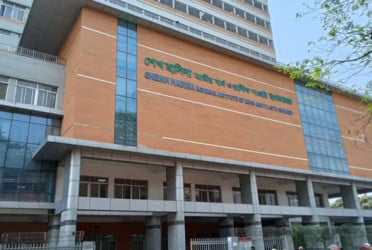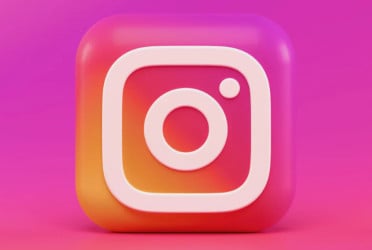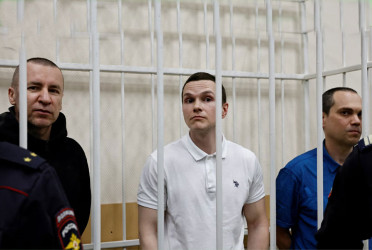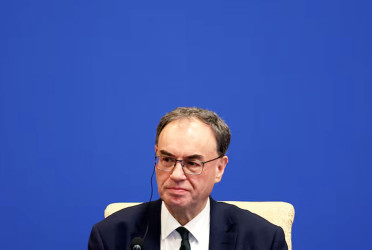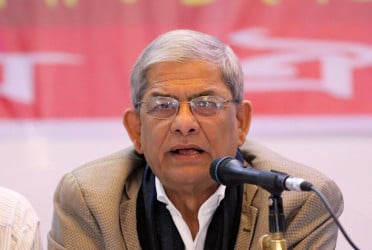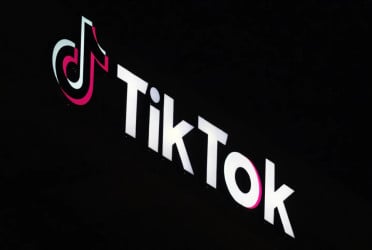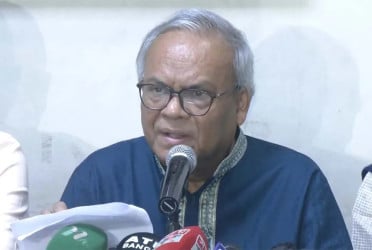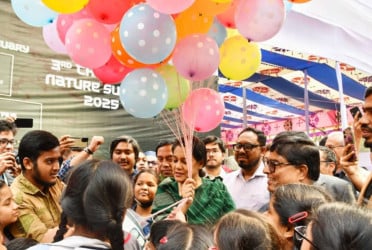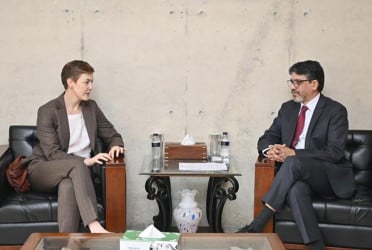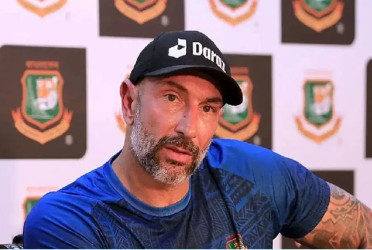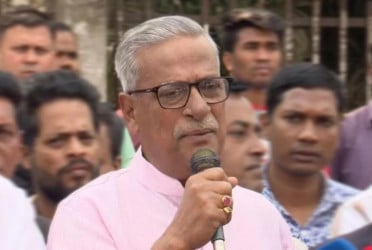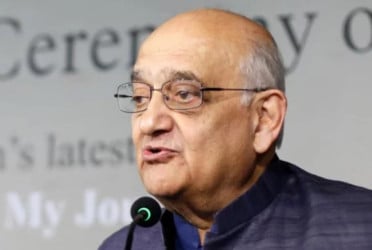Experts say a device filled with too much digital clutter affects users’ mental health and productivity.
Clinical psychologist at Cleveland Clinic in Ohio Dr Susan Albers shared the jaw dropping information during an interview with BBC. She said, “It’s something that triggers a lot of stress and anxiety, the collection of emails, pictures, open tabs — an overwhelming number of digital items that trigger overload.”
“What’s interesting about it is that this isn’t the type of problem that our ancestors have had to face, but when we fast-forward to today, our daily life is really plagued with a lot of digital clutter,” she added.
Digital clutter refers to the collection of disorganized or unnecessary digital files, documents, emails, software, and multimedia that can accumulate on devices and make it difficult to find important information.
Dr Albers suggests for de-cluttering as she said, “Decluttering is like a magic wand to your mental health.”
For those who struggle with decluttering, she recommends dedicating a few minutes each morning to do a digital audit, deleting emails and other notifications that isn’t needed. If you spend a couple of minutes decluttering before you start working, “it’s going to pave the way for the rest of your day to be much more productive.”
Here are some other tips for decreasing digital clutter and how it affects your day, according to Albers:
1. Turn off nonessential notifications and unsubscribe from any advertisements clogging up your emails. “It’s almost like mental mosquitoes. They’re always buzzing,” Albers said. By limiting the number of notifications, you limit their ability to take away your focus at times when you need it.
2. Set boundaries: Minimize the amount of time you spend checking your emails and social media notifications and use your device’s silencing and do not disturb features for other times. Also, limiting the number of accounts you follow on social media can decrease the clutter on your feed and the amount of time spent mindlessly scrolling, she added.
3. Take a digital detox day, or at least some time out of the day in which you’re not tuned in to your digital world, which can help you feel less overwhelmed by the clutter and constant notifications, she said. Having a plan for how to tackle digital clutter and making a commitment to de-clutter a little each day, or not store more than what is needed, can help those who may be suffering from digital hoarding.
If you find yourself being affected in school or at work — such as turning in assignments late — having trouble sleeping at night due to being overwhelmed or feeling disconnected from relationships, these can be signs of significant distress, and it may be time to see a mental health professional, Albers said.
“We all deal with digital clutter more than we think that we do,” she added, “and I think that (decluttering) is one simple way, if we put a little bit of time into it, that has great payoffs in terms of our productivity and just overall happiness.”
Bd-Pratidin English/ Afsar Munna

